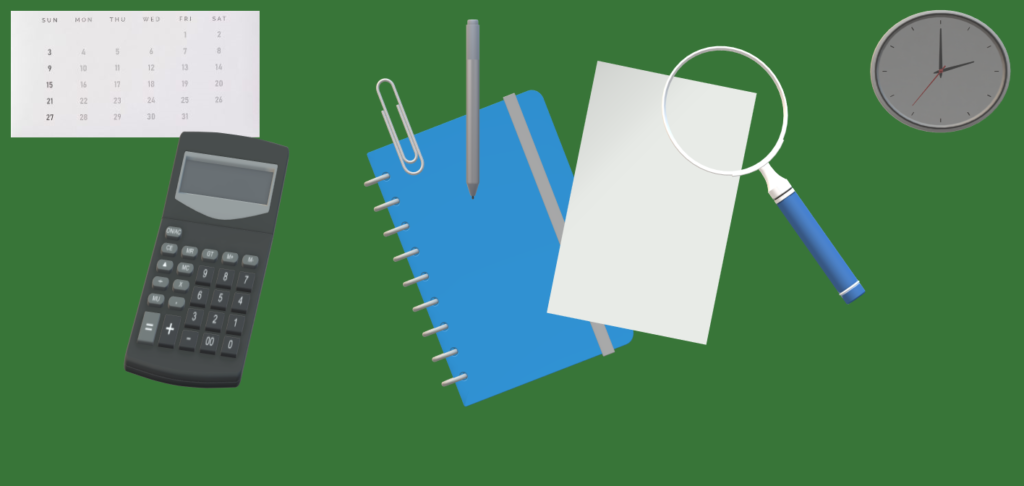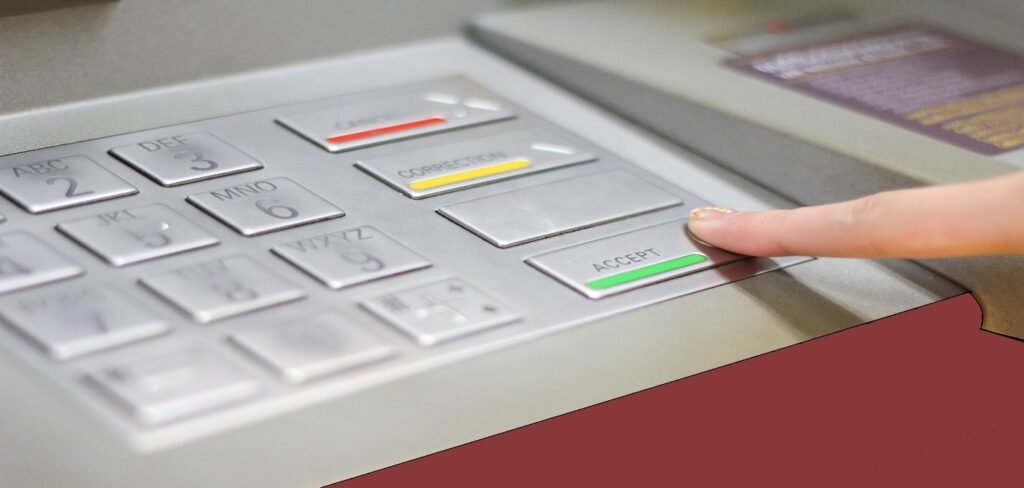Table of Contents
Why Monthly Budgeting Tips Important
Keeping track of your spending can seem daunting, but with the right tips and strategies, you can easily manage your budget and save more money each month. In this guide, we’ll cover practical monthly budgeting tips to help you track your spending effectively.
Budgeting is crucial for maintaining financial health. It helps you understand where your money goes, reduces unnecessary expenses, and ensures you have enough saved for future needs. By following a budget, you can avoid debt, save for big purchases, and achieve financial goals.
Setting Up a Monthly Budget
1. Calculate Your Income
Start by calculating your total monthly income. Include all sources of income, such as salary, freelance work, and passive income. Knowing your total income helps you understand how much you can allocate to different expenses.
2. List Your Expenses
Next, list all your monthly expenses. Divide them into two categories: fixed expenses and variable expenses. Fixed expenses include rent, utilities, and loan payments. Variable expenses include groceries, entertainment, and dining out.
3. Prioritize Essential Spending
Identify your essential expenses and prioritize them in your budget. These are non-negotiable costs like housing, utilities, and groceries. Allocate funds for these expenses first before considering non-essential spending.
4. Set Financial Goals
Set specific financial goals to motivate yourself to stick to your budget. Having well-defined objectives, such as saving for a trip, reducing financial obligations, or creating a safety net, will help you remain determined and disciplined.
Tracking Your Spending
5. Use Budgeting Apps
Budgeting apps like Mint, YNAB (You Need a Budget), and Pocket Guard can simplify tracking your spending. These apps categorize your expenses, provide spending insights, and help you stay within your budget.
6. Keep a Spending Journal
If you prefer a manual approach, keep a spending journal. Write down every purchase you make, no matter how small. This habit increases awareness of your spending habits and highlights areas where you can cut back.
7. Review Your Bank Statements
Regularly review your bank and credit card statements. Look for any discrepancies or unexpected charges. This practice not only helps you track your spending but also protects you from fraud.
Reducing Expenses
8. Identify Unnecessary Costs
Look through your spending and identify unnecessary expenses. These could be subscriptions you no longer use; impulse purchases, or frequent dining out. Cutting these costs can free up money for savings or more important expenses.
9. Shop Smart
Use coupons, buy in bulk, and take advantage of sales to save money on groceries and household items. Shopping smart can significantly reduce your monthly spending.
10. Limit Dining Out
Eating out frequently can drain your budget. Try cooking at home more often and limit dining out to special occasions. Planning your meals and cooking at home can save a substantial amount each month.
Saving More Money
11. Automate Savings
Set up automatic transfers to your savings account each month. Treat your savings like a fixed expense and prioritize it in your budget. Automation ensures you consistently save without having to think about it.
12. Take Advantage of Discounts
Look for discounts, cash back offers, and loyalty programs. Using these can help you save money on purchases you already make. Websites like Rakuten and Honey can help you find the best deals and cash-back options.
Detailed Explanation: Creating a Realistic Budget
Creating a realistic budget is essential for effective financial management.
Start by analyzing your past spending patterns to get a clear picture of your financial behavior.
Track your expenses for a few months to identify where your money goes.
This detailed analysis will help you create a budget that reflects your actual spending habits.
When setting your budget, be honest about your needs and wants. Allocate funds for essential expenses first, like housing, utilities, and groceries. Then, set aside money for discretionary spending, such as entertainment and dining out.
It’s crucial to be realistic about your discretionary spending to avoid feeling deprived. Include a category for savings and emergency funds to ensure you are prepared for unexpected expenses.
Review and adjust your budget regularly to accommodate changes in your financial situation. A realistic budget is not static; it evolves with your lifestyle and financial goals.
Making a realistic budget can help you stay on track and reach your financial goals.
Conclusion
Effective budgeting is about discipline, awareness, and planning. By setting a realistic budget, tracking your spending, reducing unnecessary expenses, and saving consistently, you can achieve better financial health. Use the tips outlined in this guide to take control of your finances and reach your financial goals.



